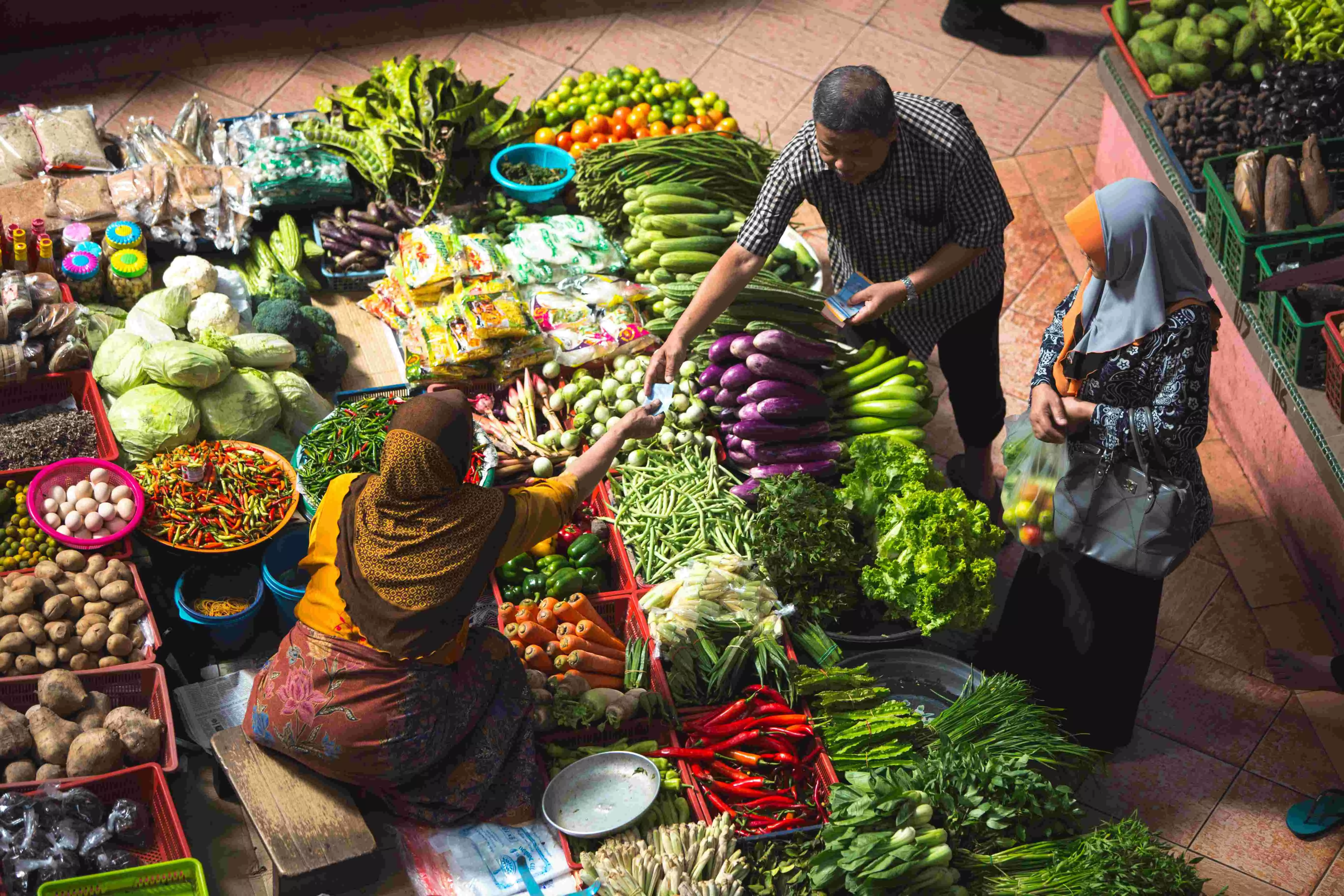Partial respite

The recently released Consumer Price Index (CPI) data by the National Statistical Office (NSO) has unveiled a mixed bag of inflation figures, leaving us with a sense of relief tempered by caution. The CPI data for August indicates that India's retail inflation eased to 6.83 per cent, down from the 15-month high of 7.44 per cent in July. While this dip may appear comforting, it is vital to remember that it still hovers above the Reserve Bank of India's (RBI) upper tolerance band of 6 per cent. A substantial portion of this inflationary retreat can be attributed to the stabilisation of volatile prices, especially those of certain vegetables that had hit exorbitant levels in the preceding months. The respite in vegetable inflation, which plummeted from 37.4 per cent in July to 26.1 per cent in August, contributed around 28 basis points to the overall 61 basis point decline in the headline CPI. However, the broader picture of food inflation remains disconcerting. While it has slightly dipped from the July figures of 11.51 per cent, food inflation still stands at a staggering 9.94 per cent. In rural areas, the situation is even grimmer, with food inflation remaining higher at 10.4 per cent. What's concerning is that the prices of more stable food items like cereals, pulses, spices, milk, eggs, meat, and fish remain elevated. Among these, edible oils and fats are the sole category in the 12-member food basket that witnessed a price reduction, albeit marginal, from 16.8 per cent to 15.3 per cent. Furthermore, it's crucial to recognise that this dip in headline inflation to 6.83 per cent may not be a true reflection of the market but rather a consequence of quick-fix interventions by the government. These interventions, including the imposition of a 40 per cent duty on onion exports, discounted tomato sales, offloading of wheat and rice in the open market, and export bans on non-basmati white rice, have temporarily cushioned the inflation impact. Without these measures, the inflation landscape could have been far more treacherous. However, it's vital to note that such interventions cannot substitute for the long-overdue supply-side reforms required to address the root causes of inflation. Experts are right to argue that sustained food inflation has the potential to spill over into other components of the inflation basket. This ripple effect could disrupt the lives of ordinary citizens who are already grappling with rising prices and reduced purchasing power. Policymakers must, therefore, not just focus on curbing food inflation but also prepare for the impact of contingencies like deficient rainfall and volatile crude oil prices, which can further exacerbate the situation. Looking ahead, the Reserve Bank of India faces a formidable challenge in meeting its inflation targets. With a core inflation rate of 4.8 per cent, India seems to be in a relatively moderate position. However, the risks that lie ahead must be managed with utmost care. Curbing food inflation while keeping a vigilant eye on factors such as erratic precipitation patterns and unpredictable oil prices will require a delicate balancing act. Achieving the RBI's inflation target of 6.2 per cent for the July-September quarter, as well as the 5.4 per cent target for FY 2024, will not be a straightforward task. To sum up, while the recent dip in inflation may offer some temporary relief, it would be unwise to let our guard down. India's inflation landscape remains vulnerable, with food prices playing a crucial role in shaping the overall economic scenario. Quick-fix interventions can only provide a short-term respite; the real solution lies in addressing the fundamental issues that drive inflation. Policymakers must adopt a holistic approach, encompassing supply-side reforms and a vigilant eye on external factors, to steer the Indian economy away from the looming inflationary storm. The path ahead is fraught with challenges, but with prudent policy measures and proactive steps, policymakers can navigate this complex terrain and ensure a stable economic future for our nation.



